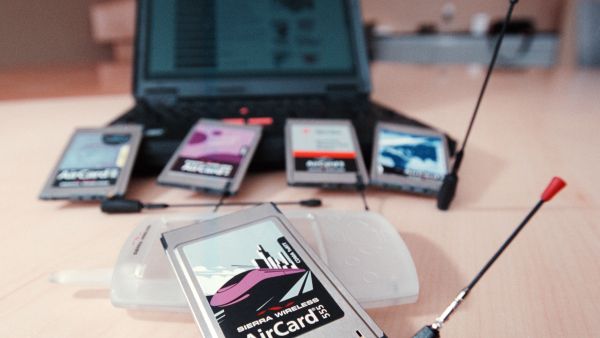Lebanon has the slowest Internet in the world, according to data released this week by internet speed testing website SpeedTest.net. Lebanon's Internet and data sector has been liberalized since 1995, and there are currently 23 private companies providing Internet and data services, in addition to the Telecommunications Ministry.
Lebanon has the slowest Internet in the world, according to data released this week by internet speed testing website SpeedTest.net.
Lebanon’s Internet and data sector has been liberalized since 1995, and there are currently 23 private companies providing Internet and data services, in addition to the Telecommunications Ministry.
Following the release of the data, Cedarcom and Mobi CEO Imad Mounir Tarabay said the main obstacle to high-speed internet access in the country has been the cost of international Internet lines. According to Tarabay, Internet providers pay $2,700 a month for each international line, the capacity of which is a relatively low 2 megabits per second.
“If the cost of the international line on the Ministry of Telecom does not exceed $200 a month, why are ISPs taxed 1350 percent on each E1 [international line]? Adding insult to injury, E1 lines take sometimes seven months to be commissioned – in our case, six E1 lines were granted in April 2010, yet till date have not been activated,” Tarabay said
Tarabay added that the Internet and data companies are still deprived of their long-term licenses.
Tarabay said the state controlled Ogero’s unfair practice regarding Internet and data companies in the DSL service have been ongoing since 2007.
Both the ministry and private data operators started offering DSL service in mid-2007 in 34 central offices. The ministry then expanded the services to 171 central offices and, according to Tarabay, deprived the private data operators of this expansion.
“Things got even worse, in our case, the ministry permitted us to install our DSL equipment in 34 central offices in 2007, yet they prohibited us using this equipment and deprived us of providing DSL service to any one single subscriber! Eventually we were forced to file a claim against the ministry. The result of the unfair competition is that the ministry has control of around 80 percent of the DSL subscribers in the Lebanese market,” said Tarabay.
But outgoing Telecom Minister Charbel Nahhas has said the ministry has signed several contracts to install fiber optics and 2,000 boxes designed to increase the speed of Internet.
The minister believes that the entire project will take between 12 months till 18 months to complete.
However, critics doubt that Nahhas will be able to fulfill his promise due to the sharp political differences in the country.








